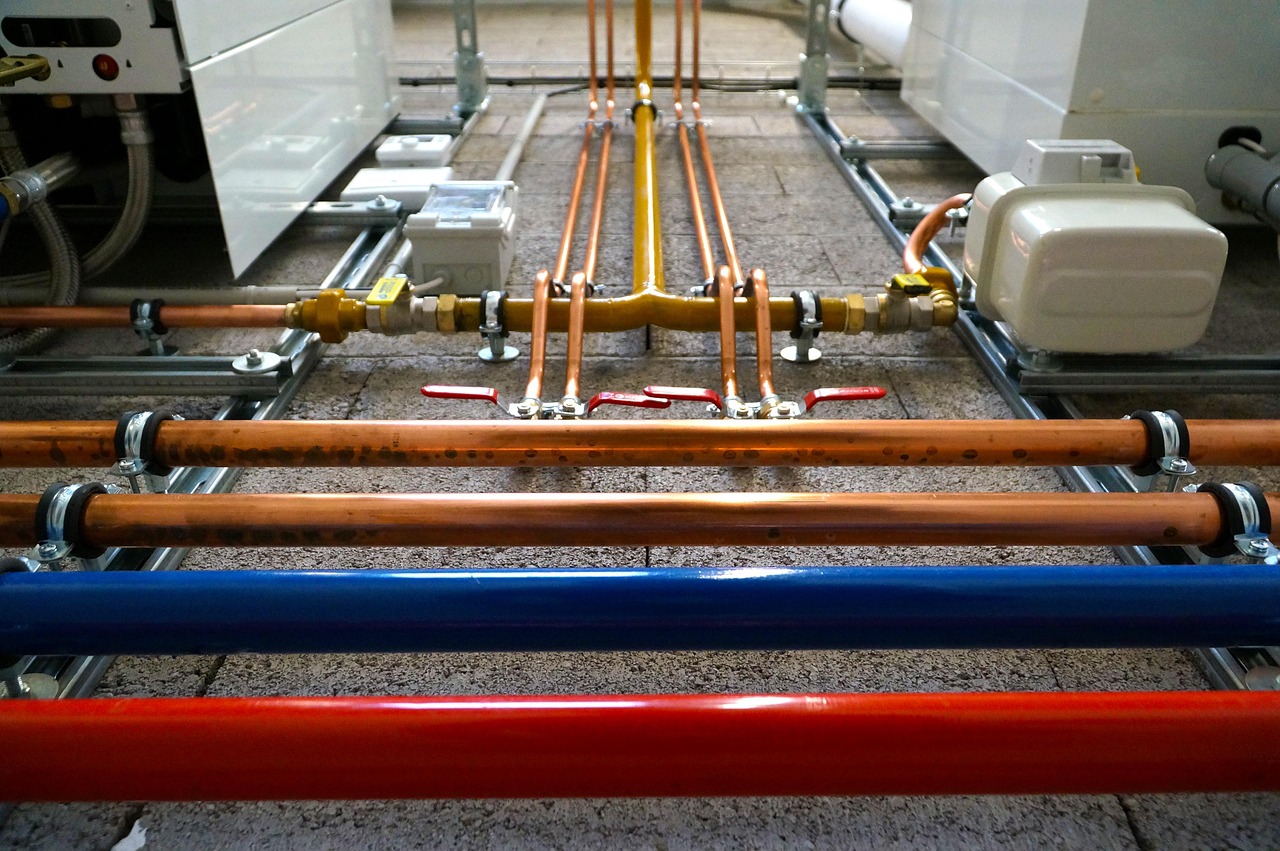Buying a rental property is just the start of a long journey. To make it succeed maintenance is not optional. Looking after the building keeps tenants happy, protects income and preserves the asset. When you deal with small problems straight away you avoid the stress and cost of big repairs later.
Here are the top 10 tasks every landlord in Scotland must manage.
- Service the boiler and heating system
Heating is essential in a Scottish home, and a boiler failure can quickly lead to complaints or even an emergency. By law, landlords must arrange an annual gas safety check with a Gas Safe registered engineer and provide tenants with a valid Gas Safety Certificate (also known as a CP12). Regular servicing not only ensures compliance and safety but can also help the boiler last longer and run more efficiently.
Landlords must keep heating installations in proper working order under the Repairing Standard which is explained here. Keep certificates of servicing is also useful evidence in case of disputes.
- Install and maintain alarms
Scottish law is very clear on alarm requirements. Every property must have a smoke alarm in the living room (or the room most used during the day), a smoke alarm in every hallway or landing, and a heat alarm in the kitchen. Any room with a fuel-burning appliance, such as a boiler, fire, or stove, must also have a carbon monoxide alarm.
All alarms need to be interlinked so that if one sounds, they all do. They must be either mains powered or sealed long-life battery units. These alarms save lives, and because they’re a legal requirement, landlords must make sure they are properly fitted, tested, and replaced when necessary.
- Clean the gutters
Gutters may seem minor but they play a big part in protecting the structure of the building. When they are blocked with leaves and debris, water runs down walls and can damage ceilings, plaster and even the foundation.
The best routine is to clean them in spring and again in autumn and after major storms.
Maintaining gutters is part of the duty to keep the exterior of the property in reasonable repair under the Repairing Standard.
- Inspect the roof
Scotland’s weather takes its toll on roofs. Loose slates, cracked flashing or worn felt lets water in. A small leak can quickly turn into a damp or mould problem that makes a home unpleasant to live in. Do at least one inspection a year.
This can be done from the ground with binoculars but many landlords choose to hire a roofer to check thoroughly. Early roof repairs save money and prevent major disruption to tenants.
- Maintain plumbing systems
Plumbing is another common source of tenant complaints. Leaks under sinks, dripping taps or blocked drains can cause water damage and mould if ignored.
Check visible pipework regularly, deal with slow draining sinks promptly and encourage tenants to report problems quickly.
Landlords are required under the Repairing Standard to keep plumbing systems in working order which includes water supply, drainage and sanitation.
- Check windows and doors
Windows and doors do more than provide access and light. They are critical for energy efficiency, comfort and security. Gaps around frames let cold air and moisture in which increases heating costs and encourages damp.
Look for cracked sealant, broken handles or locks that don’t work smoothly. In older properties upgrading glazing can make a big difference.
Keeping doors and windows in good condition is required to ensure the property remains wind and watertight.
- Prevent mould and damp
Mould is a common problem in Scottish housing due to the climate. It creates health risks and can quickly deter tenants from staying long term.
Make sure the property is well ventilated. Kitchens and bathrooms must have extractor fans and windows should open easily.
If mould appears it should be cleaned thoroughly and the root cause addressed. Causes may be leaks, poor insulation or inadequate ventilation.
The Repairing Standard requires that rented homes are habitable and free from serious dampness which is explained here: https://www.gov.scot/publications/repairing-standard-statutory-guidance-private-landlords/.
- Maintain outdoor areas
The safety of outdoor spaces is often overlooked but just as important as the inside of the property. Uneven paving stones, broken fences or overgrown bushes can cause accidents and complaints.
Paths, steps and gardens should be checked regularly. Keep walkways clear, repair cracked slabs and cut back plants that grow against the house. A tidy exterior also improves first impressions for prospective tenants.
- Test appliances and furniture
If a property is let furnished landlords are responsible for the safety of all appliances and soft furnishings. Electrical appliances owned by the landlord must be tested through Portable Appliance Testing.
In addition a full Electrical Installation Condition Report must be completed at least once every 5 years.
Soft furnishings such as sofas and mattresses must comply with fire safety standards. Faulty or damaged items must be replaced.
- Keep records and inspect
Landlords must be able to prove they are meeting the Repairing Standard if challenged by tenants or inspected by the First-tier Tribunal for Scotland. Keeping detailed records of all services, repairs and safety checks is the best way to show compliance.
Regular property inspections help landlords spot small issues before they become big problems. Written reports from these visits also demonstrate the property is being managed responsibly.
Why maintenance matters
Good maintenance protects the value of a property, reduces costly repairs and keeps tenants happy.
Tenant satisfaction is equally important. When people feel their home is being looked after they are more likely to stay longer which means fewer gaps between tenancies.
Finally there is a legal duty. Landlords in Scotland must comply with the Repairing Standard which sets out clear requirements for safety, structure and habitability. Failure to comply can lead to enforcement action or penalties.
Stay organised
One way to stay on top of these tasks is to divide them into seasonal tasks.
In spring, focus on gutters, roofs and gardens. In summer check seals, redecorate and test appliances.
In autumn, prepare heating systems and insulation.
In winter, look for damp and protect pipes from freezing.
By keeping a simple checklist and recording all work done, landlords can avoid missed tasks and reduce the chance of disputes.
A Well-Maintained Property
Being a landlord in Scotland is a legal and financial responsibility but it doesn’t have to be overwhelming. Regular checks, timely repairs and clear communication with tenants are the foundation of good property management.
A well maintained property keeps tenants safe and comfortable and protects income and prevents costly repairs.
Each task may seem small but together they ensure the property remains a valuable and secure investment for years to come.










